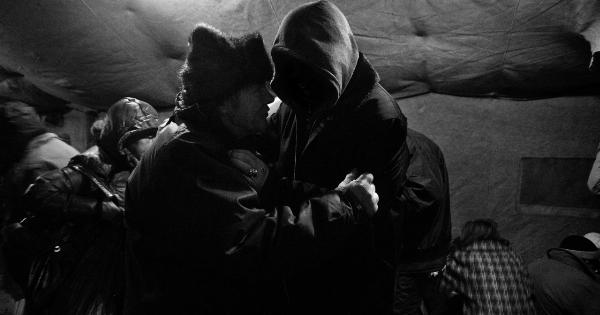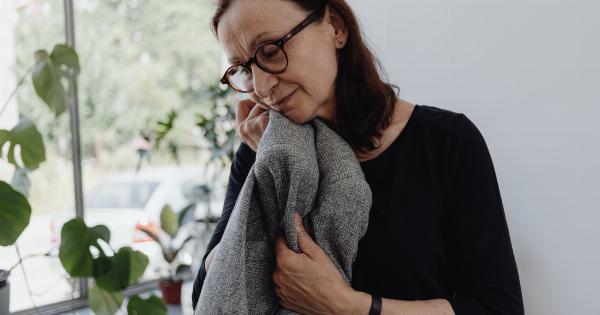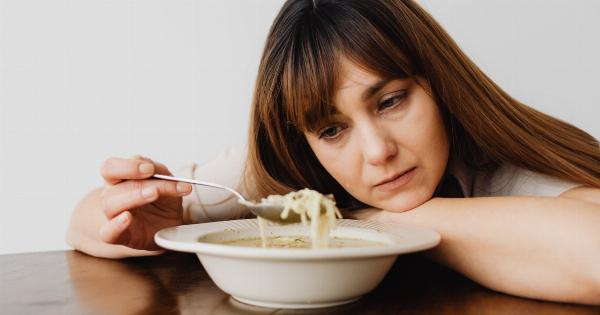Depression is a mental health disorder characterized by persistent feelings of sadness, hopelessness, and a lack of interest or pleasure in activities.
While formal depression is a clinically diagnosed condition, there is also a less severe form of depression known as informal depression. Informal depression may not meet the diagnostic criteria for a formal diagnosis but can still significantly impact a person’s daily life.
In this guide, we will explore the symptoms of informal depression and provide strategies for coping with it.
1. Feeling Blue or Sad
One of the most common symptoms of informal depression is an overwhelming feeling of sadness or a persistent low mood. You may find yourself frequently feeling down, tearful, or experiencing a sense of emptiness.
2. Loss of Interest or Pleasure
If you have informal depression, you may notice a significant decline in your interest or pleasure in activities that once brought you joy.
Hobbies you used to love may no longer hold any appeal, and you may struggle to find motivation or enthusiasm for anything.
3. Changes in Sleep Patterns
Difficulty falling asleep, staying asleep, or experiencing excessive sleepiness during the day can be symptoms of informal depression.
Conversely, some individuals may find themselves sleeping excessively as a way to escape from their negative emotions.
4. Low Energy or Fatigue
Informal depression can leave you feeling constantly tired and lacking energy. Simple tasks that were once easy to accomplish may now feel like a burden, and you may find yourself needing frequent breaks or naps to cope with the exhaustion.
5. Changes in Appetite or Weight
As with formal depression, informal depression can cause significant changes in appetite and weight.
Some individuals may experience a loss of appetite and unintentional weight loss, while others may turn to food for comfort, leading to overeating and weight gain.
6. Difficulty Concentrating
Informal depression can impair your ability to focus and concentrate. You may find it challenging to stay on task, remember details, or make decisions. This cognitive symptom can further contribute to feelings of frustration and inadequacy.
7. Feelings of Worthlessness
People with informal depression often struggle with persistent feelings of worthlessness or guilt. They may constantly criticize themselves, feel like a burden to others, or believe that they are not deserving of happiness or success.
8. Social Withdrawal
Informal depression can lead to a decreased desire to socialize and interact with others. You may find yourself avoiding social gatherings, isolating yourself from friends and family, or feeling detached from your usual support network.
9. Physical Symptoms
While depression primarily affects a person’s mood and emotions, it can also manifest in physical symptoms. Informal depression may cause headaches, stomachaches, muscle pain, or other unexplained body aches and discomfort.
10. Suicidal Thoughts
While relatively uncommon in informal depression, persistent thoughts of death or suicide should never be taken lightly.
If you or someone you know is experiencing these thoughts, it is essential to seek help from a mental health professional immediately.
While experiencing these symptoms doesn’t necessarily mean you have clinical depression, it’s essential to acknowledge and address your feelings. The following tips can help you cope with informal depression:.
Coping Strategies for Informal Depression
1. Reach Out for Support.
Don’t hesitate to lean on friends, family, or support groups when dealing with informal depression. Talking openly about your feelings can provide comfort and understanding.
2. Establish a Routine.
Creating a daily routine can give you a sense of structure and purpose. Set small achievable goals to help regain a sense of accomplishment and motivation.
3. Engage in Physical Activity.
Regular exercise has been shown to be effective in reducing symptoms of depression. Aim for at least 30 minutes of moderate-intensity exercise most days of the week.
4. Practice Self-Care.
Make self-care a priority. Engage in activities that bring you joy and relaxation, such as reading, taking baths, or practicing mindfulness and meditation.
5. Seek Professional Help.
If your symptoms persist or worsen, it’s crucial to seek help from a mental health professional. They can provide a proper diagnosis, offer therapy, and, if necessary, recommend medication to manage your symptoms.
Remember, informal depression is a valid experience, and seeking support is essential for your well-being.



























